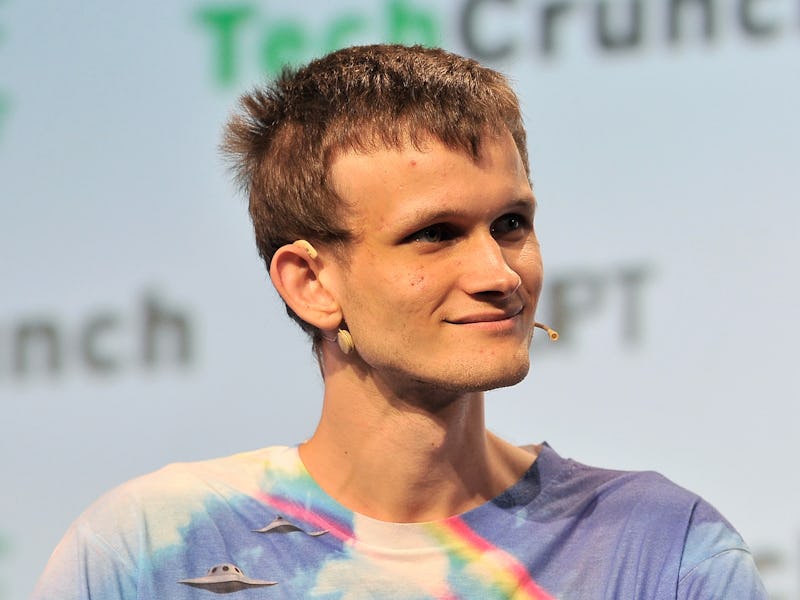Ethereum's Vitalik Buterin Calls Liberland Crypto Nation 'Promising'
The co-founder of the second-largest cryptocurrency has thoughts on the project.

Liberland, an unrecognized cryptocurrency-powered micronation, has piqued the interest of Vitalik Buterin. The Ethereum co-founder shared some thoughts on project — founded three years ago with an aim of kickstarting a libertarian homeland — in an exclusive email interview with Inverse.
“I think it’s an interesting and promising project to try to create micronations and use them to explore libertarian and other kinds of governance models “ Buterin tells Inverse. “[I] wish them the best.”
The project, founded by Czech politician Vit Jedlička in April 2015, claims a 2.7-square-mile patch of land on the Danube river that’s part of a border dispute between Croatia and Serbia. Liberland’s position is that nobody claims the land, which Croatia disputes.
Part of Liberland’s plan is to use cryptocurrency and blockchain to run its government. A token called “Merit” powers a voluntary tax system, where people that pay more get a greater say in votes, counterbalanced by a mechanism where a majority of the population can block proposals. The group also runs its company registry on the blockchain, with further plans for justice and property systems. These proposals have attracted the interest of big names in crypto.
“Vit attends lots of cryptocurrency conferences all over the world,” Tom Walls, the project’s foreign minister based in West Palm Beach, Florida, tells Inverse. “We’ve garnered the interest of people like Vitalik Buterin from Ethereum, Roger Ver from Bitcoin Cash…and many others.”
Buterin has expressed his support for the project before, posing with a flag of the project alongside Daniel Schwarz, a Liberland representative in Israel:
Buterin is not exactly a natural supporter of Liberland. In a 2014 blog post, he described himself as having a substantially more anti-institutional, libertarian and anarchistic mindset than people like Mark T. Williams, who dismissed Bitcoin as “steep in…anti-Fed dogma,” but also notably less so than Oleg Andreev, who claimed Bitcoin and the state “will never survive together.” Buterin goes on to explain he believes “there is value to both sides of the fence, and believe strongly in being diplomatic and working together to make the world a better place.”
Over the years, he has clarified his views. In February, he wrote on his Twitter page that “growing up libertarian and then going out into the world and noticing that actual regulators were nicer to me than many ‘cypherpunks’ was very disorienting,” noting that “libertarians overestimate the extent to which regulators are more authoritarian/statist than the general public.”
Whether Liberland will have the chance to test its new form of government remains to be seen.